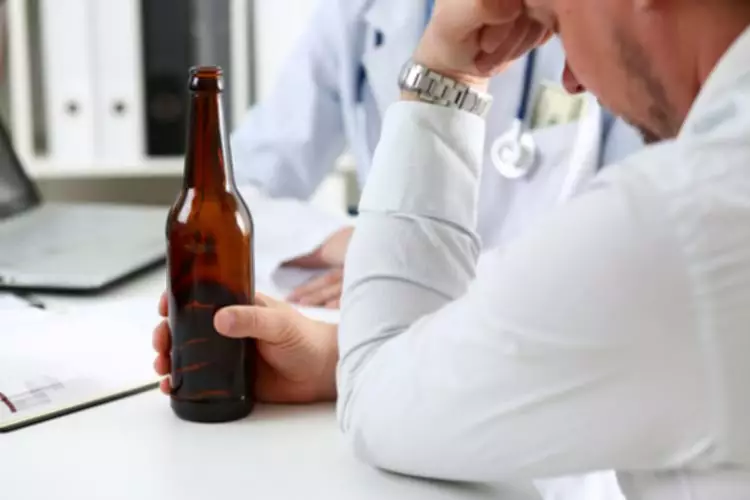
In 1911, Guelp and Marie first reported that fasting reduced the severity of seizures in 20 patients with epilepsy. However, the descriptions of the participants and the methodology in this study were not sufficiently detailed 11. This seminal finding was soon followed by the recognition that an increase in BHB levels, a byproduct of fasting, was pivotal in alleviating epilepsy symptoms. In 1921, Woodyatt discovered that a diet low in carbohydrates and high in fat could lead to an increase in BHB levels, thereby laying the groundwork for subsequent research 12. Wilder built upon these findings and proposed the implementation of a low-carbohydrate, high-fat diet for patients with epilepsy, which has been shown to alleviate their symptoms. The Recovery Village at Palmer Lake offers comprehensive addiction treatment for drug and alcohol addictions and co-occurring mental health conditions.

However, the underlying alcohol use disorder requires focused intervention, whether that’s through detox, rehabilitation, nutritional counseling, or psychosocial support services. Seeking medical help for alcoholic ketoacidosis is essential for several reasons. First and foremost, medical professionals can provide immediate care to address the symptoms and stabilize the individual’s condition. This may involve intravenous fluids to address dehydration, as well as monitoring and managing electrolyte imbalances that can occur as a result of alcoholic ketoacidosis.
The clinical assessment for Alcoholic Ketoacidosis (AKA) involves a comprehensive evaluation of patient history, physical examination, and laboratory findings. An interprofessional team, including social workers, are often needed to address these particular situations. Finally, patient education is highly recommended, as in many cases, the cause of DKA is failing to comply with treatment. Infection is a very common trigger for DKA in patients who have new-onset diabetes and previously established diabetes. If there is any suspicion of infection, antibiotics should be administered promptly.

Clinical research supports the notion that ketogenic diet (KD) intervention can elevate FGF21 levels and enhance autophagic function 71. Collectively, these findings suggest that KD may prevent the progression of renal injury in DM and improve prognosis by promoting autophagy. However, studies specifically addressing the relationship between KD and DKD are limited.


The pharmacist and nurses should determine if the patient was compliant with insulin treatment. Following discharge, the social workers should be involved in the care since recurrent DKA admissions are common, especially in inner-city hospitals. Socioeconomic status, education status, access to insulin, the presence of health care coverage, and the presence of mental illness, etc. play a big role in marijuana addiction these patients. In patients with DKA, the fluid deficit could be up to 10-15% of the body weight.1 Immediate fluid resuscitation is vital to correct hypovolemia, restore tissue perfusion, and to clear ketones. Studies have shown that the keto diet results in faster weight loss than a reduced-calorie diet.

If you’re ready to combat your drinking and take back control of your life, let Sunlight Recovery help you. These tests can help determine if a person alcoholic ketoacidosis smell has ketoacidosis and pinpoint the underlying cause. They can also determine whether the patient has impaired liver function, which often occurs with alcoholic ketoacidosis. Alcoholic ketoacidosis is the buildup of ketones in the blood due to alcohol use. Ketones are a type of acid that form when the body breaks down fat for energy.